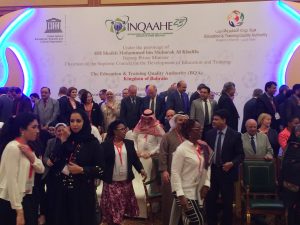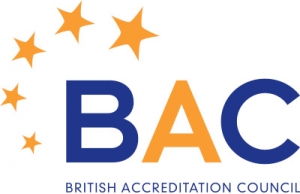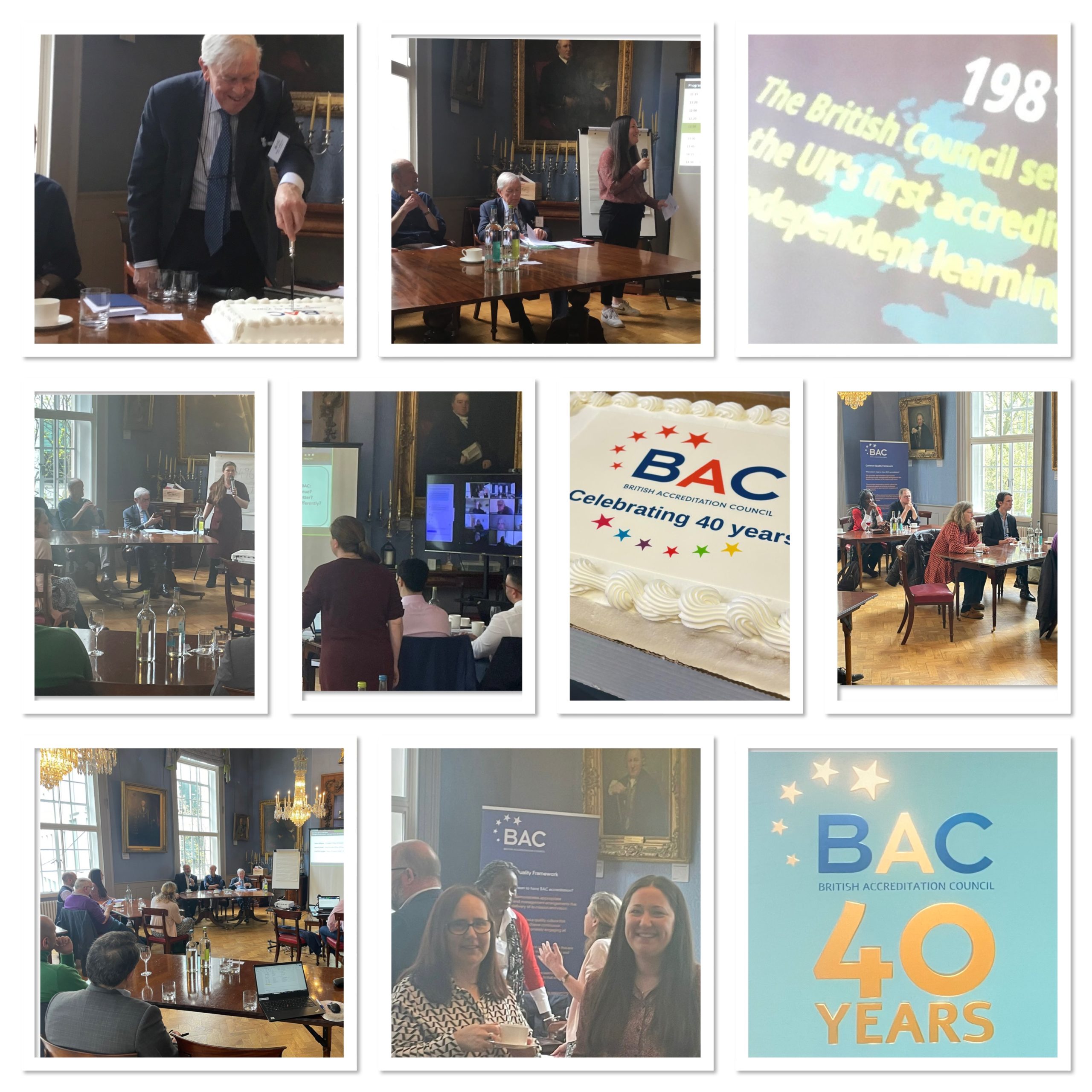INQAAHE, the International Network for Quality Assurance Agencies of Higher Education, holds an annual conference providing quality assurance agencies, universities and governmental educational departments with an opportunity to discuss the challenges of quality assurance in higher education.
Held in Bahrain from the 27 February – 1 March 2017, BAC sent Alexandra Carr, Deputy Chief Executive, Diana Morriss, Chief Inspector and Hayley Boyes, Higher Education Manager to the 2017 conference. The event took place over two days with the key message being the importance of collaboration in an increasingly competitive educational (quality assurance) market. Representatives from 56 countries had the opportunity to observe plenary sessions on topics ranging from if a global quality assurance framework is possible, to how quality assurance can break down barriers for students and providers. Agencies and universities presented papers on student engagement in the accreditation process, transnational education and the challenges for universities to satisfy both national and international requirements. We heard case studies from agencies in Australia, Austria, Taiwan, Sri Lanka, India and more as well as from higher education institutions in Bahrain, Dubai and the UAE. Further news articles will focus on a small selection of them in more detail.
 One aspect reinforced throughout the conference was the importance of trust in collaboration and of ensuring that quality assurance does not just focus on quality control but on contributing towards a ‘quality culture’ in education institutions. In an increasingly globalised world, the importance of involving all stakeholders was emphasised to allow communication and trust to development between institutions, quality assurance agencies and governments. Agencies need to enable education institutions to take ownership of their own QA processes and ensure that whilst rigorous, the process is not just a paper pushing exercise that is imposed on the institution for the duration of the inspection but that the quality processes are implemented throughout the institution at multiple levels.
One aspect reinforced throughout the conference was the importance of trust in collaboration and of ensuring that quality assurance does not just focus on quality control but on contributing towards a ‘quality culture’ in education institutions. In an increasingly globalised world, the importance of involving all stakeholders was emphasised to allow communication and trust to development between institutions, quality assurance agencies and governments. Agencies need to enable education institutions to take ownership of their own QA processes and ensure that whilst rigorous, the process is not just a paper pushing exercise that is imposed on the institution for the duration of the inspection but that the quality processes are implemented throughout the institution at multiple levels.
The conference concluded with a discussion on the future for quality assurance. There was general consensus that we have not yet reached a global quality assurance framework although there has been significant development in regional frameworks, such as the European Qualification Framework which has over 20 countries signed up. Agencies were encouraged to innovate and to respond to changes to continue to ensure that their standards and qualification frameworks remained fit for purpose. Communication and trust are key to ensuring that we are able to have healthy competition alongside effective collaboration on a national and international basis.
Agencies can have a tendency to be inward facing, focusing on their own national standards. The importance of taking part in events like the INQAAHE conference cannot be overstated to both develop international cooperation and trust as well as gain a global perspective on quality standards as education becomes increasingly global.



Leave A Comment